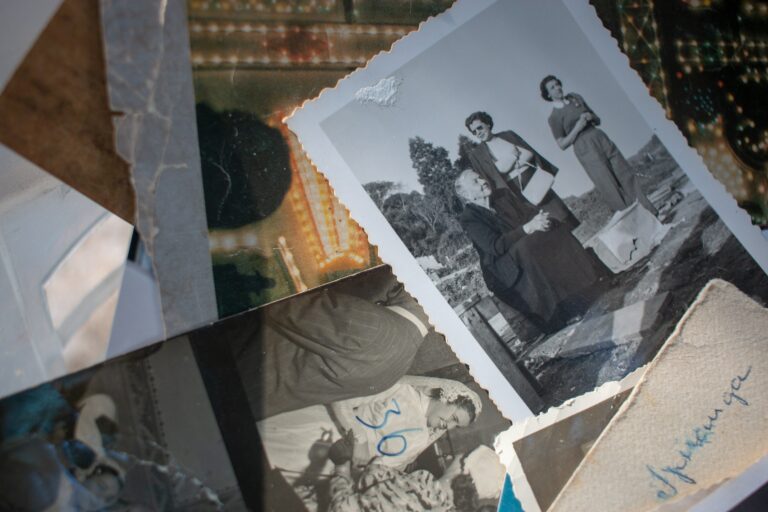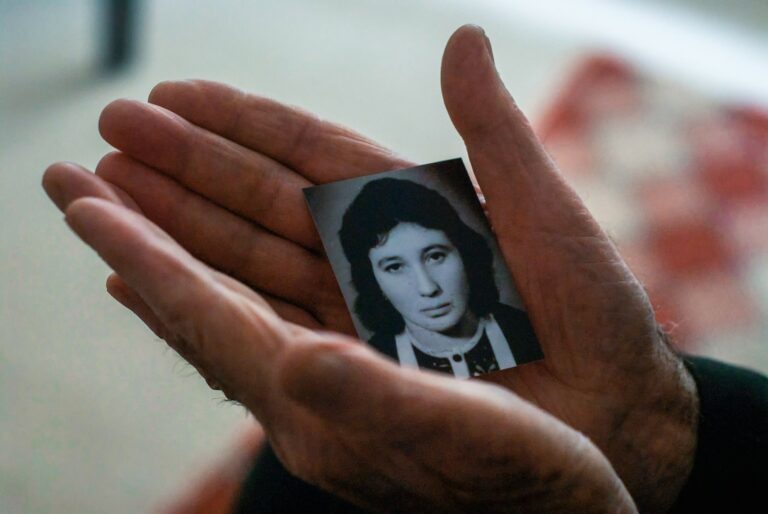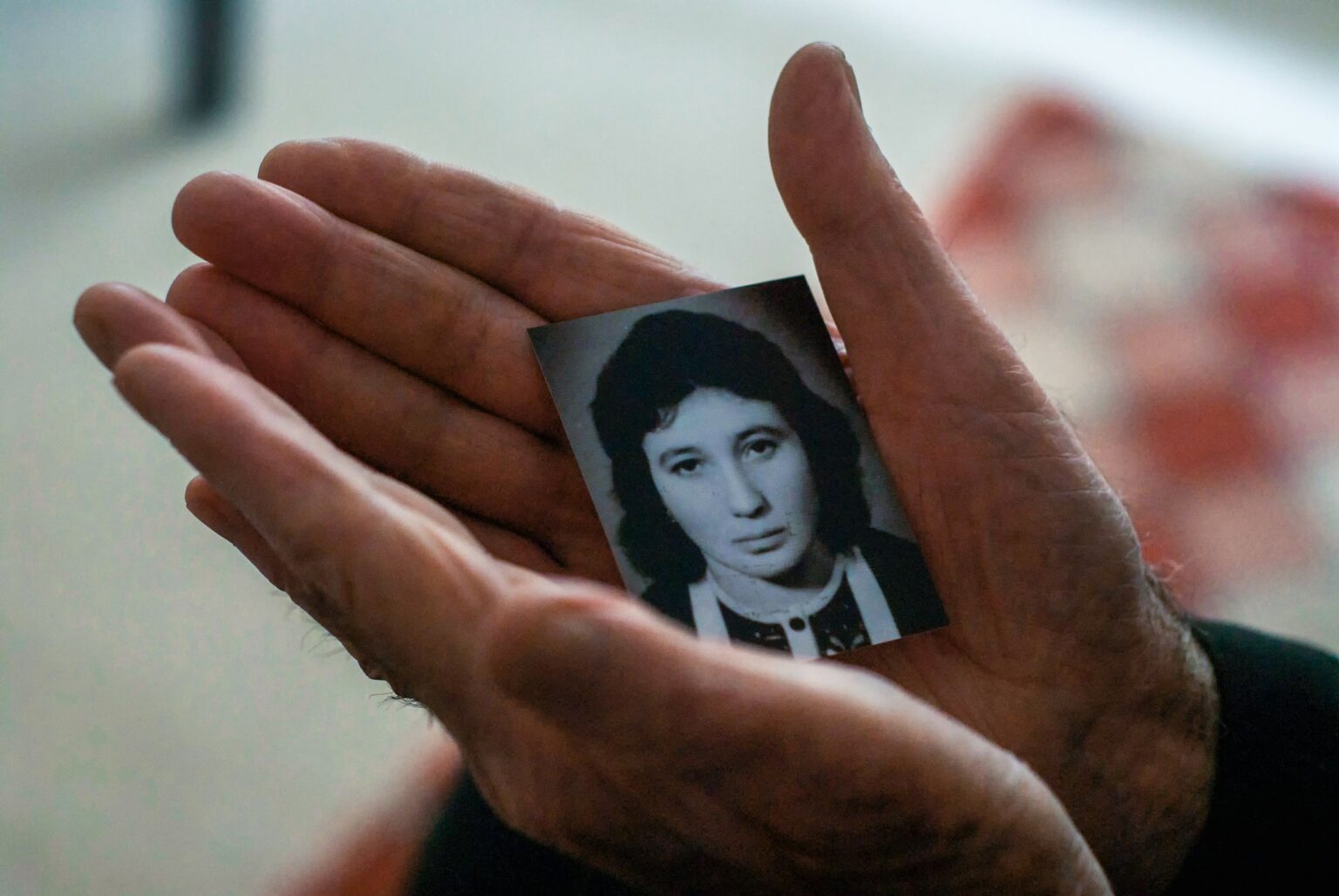Institutional abuse has long been shrouded in secrecy, but there’s now a much better understanding of its prevalence and the long-lasting impact it has.
Sadly, institutional abuse is not rare, with increasing awareness around the extent and traumatic impacts of the abuse.
This has been brought to light, in part, due to the Royal Commission into Institutional Responses to Child Sexual Abuse, which ran from 2013 until 2017. Over 42,000 calls were handled and over 25,000 letters received in response to the inquiry, with survivors coming forward to report the abuse.
The definition of an ‘Institution’ in the Royal Commission was “any organisation that was involved with children, including schools, sporting clubs, children’s services, orphanages, foster care, residential care, religious organisations and government organisations.” Following this Royal Commission and its recommendation, the National Redress Scheme was set up in 2018 and will run for 10 years.
The National Redress Scheme provides acknowledgement and support to people who have experienced institutional child sexual abuse in Australia.
Types of abuse
As well as the sexual abuse uncovered in the Royal Commission, abuse within institutions can also include physical, verbal, emotional, psychological or financial.
All forms of abuse involve harming the other person and can result in long-lasting trauma. As abuse is usually about power and control, children are especially vulnerable, particularly when they’re in an institutional setting. Repeated traumatic experiences in childhood can lead to complex trauma and ongoing impacts into adulthood.
The role of power in this abuse
Power is an important player in institutional abuse – there’s already a power imbalance between a child and an adult, and institutions are built around hierarchies and role authority structures.
In institutions established to care for the most vulnerable in our society, such as children and young people, the power differential is even greater, says our CEO, Elisabeth Shaw.
“Many children – such as Forgotten Australians, Stolen Generations and Former Child Migrants – found themselves in institutions, cut off from family and carers through circumstances such as forced removal, death or a life crisis, and so they had no one to advocate for them or keep an eye on the process,” she says. “This increased their dependency on the system, which increases the power differential.”
“Such institutions were also able to operate outside of scrutiny because society (government, the public) has tacitly approved of disadvantaged or socially shunned people being removed from the public gaze and managed by other institutions, thereby creating further layers of institutional power structures and practices in their operations,” says Elisabeth.
Impacts of abuse
Abuse survivors may find it hard to trust others and experience trouble forming and maintaining relationships.
Experiences of institutional abuse can leave people lacking trust in seeking help. This can impact their access to services throughout their lives. “Having to interact with Centrelink – or in later life consider aged care placement – can be very triggering and frightening for people who have worked very hard to feel safe through independence,” says Elisabeth.
“Sometimes entering public buildings, including police stations, can be very daunting. When people have low trust and little hope that help-seeking will be a positive experience, it can mean they put off health care, counselling, or services for family members, until crisis strikes,” she adds.
Studies such as Long Term Outcomes for Forgotten Australians and The Long-term Health Outcomes of Childhood Abuse document the impacts of childhood trauma from abuse throughout the lives of many survivors. These impacts can include increased rates of depression, anxiety and personality disorders, coping strategies that can lead to addiction, difficulty regulating emotions and behaviours, difficulty forming and maintaining close relationships, chronic health conditions and poorer overall health. Of course, all of these can further impact the lives of survivors in areas such as education, employment, and housing.
Accessing help
Something as significant as abuse can have a lasting impact, no matter how much time has passed since it has occurred. In the case of institutional abuse, inquiries and public reporting can trigger memories of what the survivor has experienced.
There is no simple or quick fix to healing from abuse, however there are support services you can access in NSW, including Wattle Place.
Wattle Place specialises in supporting people with childhood experiences of institutional care, child sexual abuse and experiences of past forced adoption. This safe space is open Monday to Friday in Harris Park, with phone and online services also available. Services, which include counselling and help with applying to the National Redress Scheme, are provided free of charge and no referral is required.
Building positive experiences over time, as well as developing personal skills that help you feel strong and confident, can also help the healing process, says Elisabeth.
“It can mean having some good people in your corner who encourage you to give things a go, and being open to something being different,” she says. “That can be a lot to ask of someone, especially when they have been let down so horrifically before, but there can be other, better experiences out there.” Wattle Place works with victims and survivors at their pace, towards their goals and hopefully to experience a sense of safety, understanding and connection.
At Wattle Place, we provide free, respectful, non-judgmental and caring support, incorporating the five trauma-informed principles of safety, trustworthiness, choice, collaboration and empowerment. We also provide support to those who wish to make an application to the National Redress Scheme. Visit the Wattle Place website for more information.
Related Services & Workshops

Tailored Services.Individuals.Trauma.Aboriginal + Torres Strait Islanders
Wattle Place
Wattle Place offers inclusive support for adults who experienced institutional or foster care as children, were impacted by forced adoption practices, or experienced institutional child sexual abuse. Our services provide assistance personalised to your individual needs and experiences.

Tailored Services.Individuals.Trauma.Aboriginal + Torres Strait Islanders
Forgotten Australians Support Service
A free service for people 26 or over, who were in out-of-home care in NSW. Funded by the NSW Department of Communities and Justice, and delivered by Relationships Australia NSW’s Wattle Place centre.

Tailored Services.Individuals.Trauma.Aboriginal + Torres Strait Islanders
National Redress Support Service
A free and confidential support to people who are applying, or thinking of applying, to the National Redress Scheme. Funded by the Australian Government Department of Social Services and delivered by Relationships Australia NSW’s Wattle Place centre.






